Adderall, a combination of amphetamine and dextroamphetamine, is a widely prescribed medication known for its efficacy in treating attention deficit hyperactivity disorder (ADHD) and narcolepsy. The 30 mg dosage of Adderall is a significant strength, often prescribed to individuals requiring a higher level of cognitive enhancement. This comprehensive exploration delves into the pharmacological mechanisms, therapeutic applications, potential side effects, and considerations surrounding Adderall 30 mg, shedding light on its role in managing ADHD and cognitive enhancement.
Understanding Adderall’s Pharmacology:
1. Mechanism of Action:
- Sympathomimetic Effects: Adderall’s active ingredients, amphetamine, and dextroamphetamine, function as central nervous system stimulants. They primarily enhance the release of neurotransmitters, including dopamine and norepinephrine, leading to increased neuronal activity in key brain regions.
2. Therapeutic Indications:
- ADHD Management: Adderall is FDA-approved for the treatment of ADHD in both children and adults. It helps improve attention span, decrease impulsivity, and manage hyperactivity.
- Narcolepsy Treatment: Adderall is also prescribed for narcolepsy, a sleep disorder characterized by excessive daytime sleepiness and sudden, uncontrollable episodes of sleep.
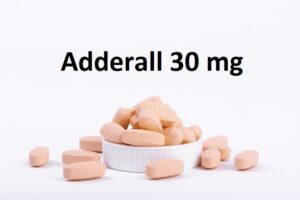
3. Dosage Specifics:
- Higher Potency: Adderall 30 mg represents a higher dosage strength, often prescribed for individuals requiring a more robust cognitive enhancement.
- Individualized Treatment: The choice of dosage is influenced by various factors, including the severity of symptoms, individual response, and the need for sustained cognitive improvement.
4. Onset of Action and Duration:
- Rapid Onset: Adderall is known for its relatively rapid onset of action, providing quick relief from ADHD symptoms and enhancing cognitive performance.
- Intermediate Duration: The effects of Adderall 30 mg last longer compared to lower doses, allowing for sustained cognitive enhancement over an extended period.
Navigating the Therapeutic Landscape:
1. ADHD Symptom Management:
- Improved Focus: Adderall 30 mg aids in improving focus and attention span, addressing core symptoms of ADHD.
- Reduced Impulsivity: By modulating neurotransmitter levels, Adderall helps decrease impulsivity, allowing individuals to exhibit more controlled behavior.
2. Cognitive Enhancement:
- Increased Productivity: Beyond ADHD treatment, Adderall 30 mg is sometimes prescribed off-label for cognitive enhancement. Students and professionals may use it to enhance focus and productivity, particularly in demanding cognitive tasks.
- Enhanced Memory: Some users report improvements in memory retention and recall, contributing to enhanced cognitive performance.
3. Narcolepsy Symptom Relief:
- Reduced Daytime Sleepiness: For individuals with narcolepsy, Adderall helps reduce excessive daytime sleepiness, enabling them to stay awake and alert during waking hours.
- Mitigated Cataplexy: Cataplexy, a symptom of narcolepsy characterized by sudden muscle weakness or paralysis, can also be mitigated with Adderall treatment.
Potential Side Effects and Considerations:
1. Common Side Effects:
- Insomnia: Adderall’s stimulant effects may lead to difficulty falling asleep or staying asleep, especially if taken later in the day.
- Loss of Appetite: Some individuals may experience a decrease in appetite, which can lead to weight loss.
- Increased Heart Rate and Blood Pressure: Stimulants like Adderall can elevate heart rate and blood pressure. Regular monitoring is essential, especially in individuals with cardiovascular concerns.
2. Serious Side Effects:
- Cardiovascular Risks: In rare cases, Adderall may pose risks to individuals with pre-existing cardiovascular conditions, potentially leading to serious complications.
- Psychiatric Symptoms: Some users may experience psychiatric symptoms such as anxiety, agitation, or even psychosis, particularly at higher doses.
3. Dependency and Withdrawal:
- Risk of Dependency: Prolonged use of Adderall, even at therapeutic doses, may lead to dependence. Healthcare providers carefully assess the risk of dependency before prescribing.
- Withdrawal Symptoms: Abrupt discontinuation of Adderall can result in withdrawal symptoms, including fatigue, depression, and increased appetite.
4. Individualized Treatment Plans:
- Holistic Assessment: Prescribing Adderall involves a thorough assessment of an individual’s medical history, current health status, and the presence of any coexisting conditions.
- Regular Monitoring: Ongoing monitoring is crucial to assess the medication’s effectiveness, manage side effects, and make adjustments to the treatment plan as needed.
Balancing Act: Therapeutic Use vs. Cognitive Enhancement:
1. Therapeutic Goals for ADHD:
- Targeted Symptom Relief: In the context of ADHD treatment, Adderall 30 mg is prescribed with the goal of alleviating specific symptoms that interfere with daily functioning.
- Individualized Dosage: Healthcare providers tailor the dosage to achieve optimal therapeutic effects while minimizing side effects.
2. Off-Label Cognitive Enhancement:
- Ethical Considerations: The off-label use of Adderall for cognitive enhancement raises ethical considerations. Individuals seeking cognitive enhancement should engage in open and honest discussions with healthcare providers.
- Risks and Benefits: The potential benefits of cognitive enhancement should be weighed against the risks, including side effects and the risk of dependence.
3. Responsible Use:
- Avoiding Misuse: To prevent misuse, it’s essential for individuals to use Adderall only as prescribed by a healthcare professional.
- Open Communication: Patients and healthcare providers should maintain open communication about the medication’s effects, any side effects experienced, and the ongoing need for treatment.
Conclusion:
Adderall 30 mg, with its potent combination of amphetamine and dextroamphetamine, plays a crucial role in managing ADHD symptoms and addressing excessive daytime sleepiness associated with narcolepsy. The higher dosage strength is reserved for cases requiring a more robust therapeutic effect, often under the close supervision of healthcare providers.
However, the use of Adderall for cognitive enhancement raises ethical considerations and requires careful evaluation of risks and benefits. Responsible use, open communication between patients and healthcare providers, and a holistic approach to treatment contribute to a balanced and informed

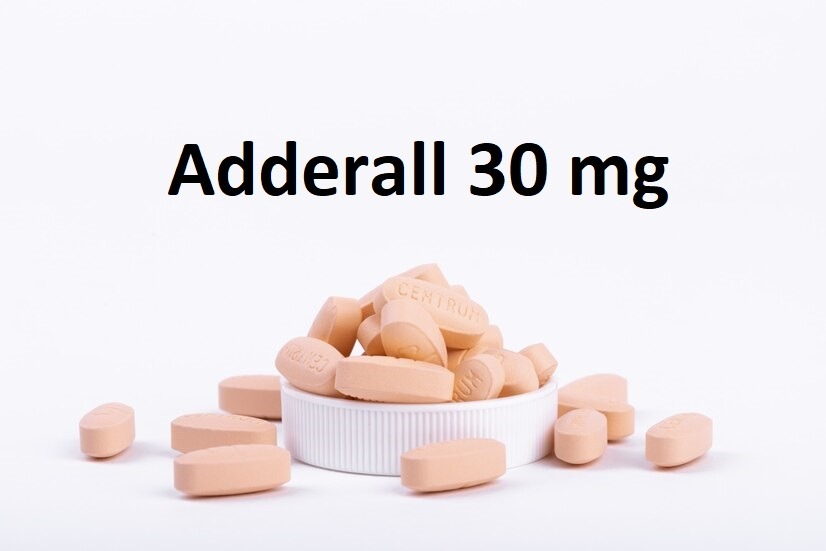

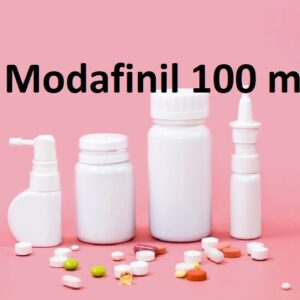
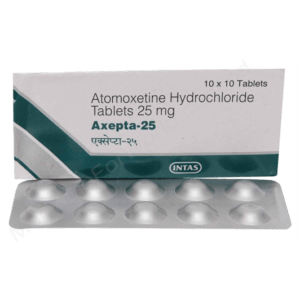
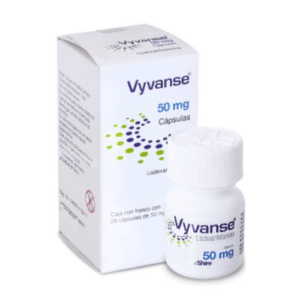
Reviews
There are no reviews yet.